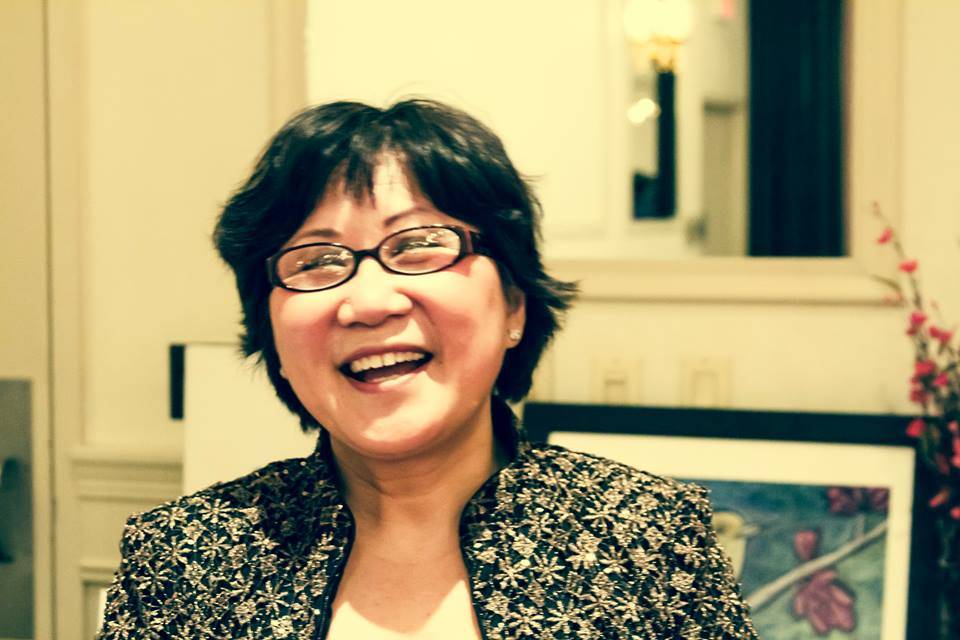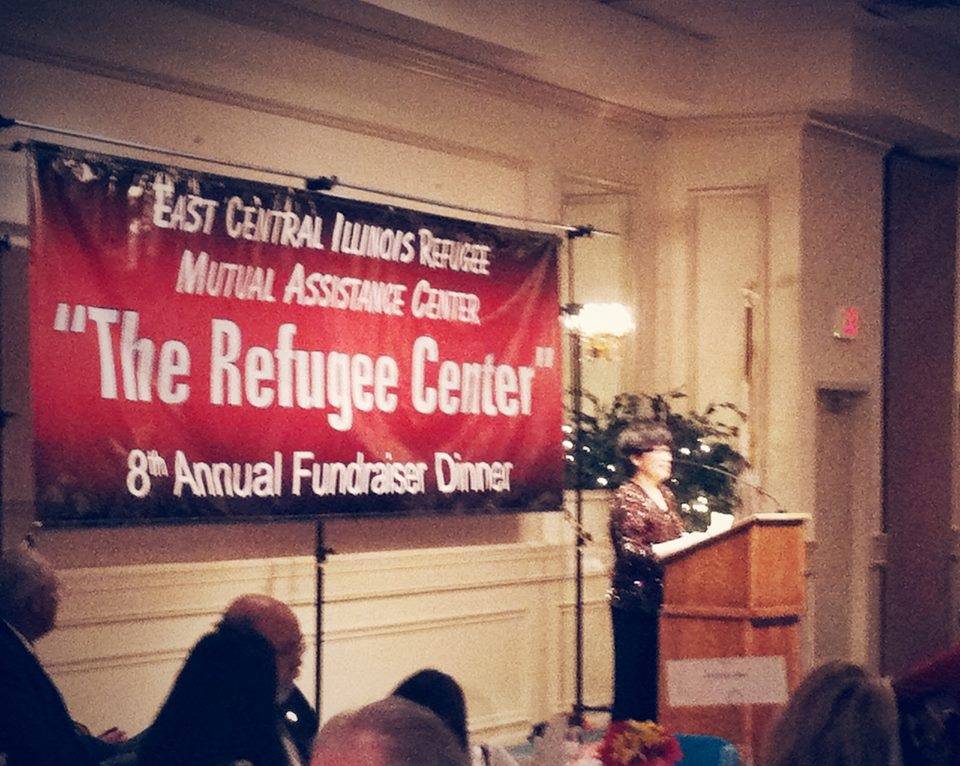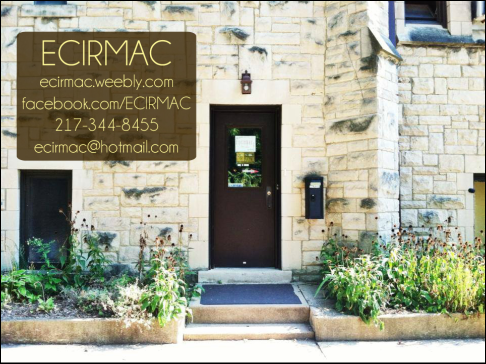Moving to a new country can be an excruciatingly difficult process. The difficulties increase infinitely, however, when you don’t speak that country’s primary language. Refugees and immigrants to East Central Illinois have the opportunity to face those difficulties with the help of translators and advocates. This is the work of the volunteers at the East Central Illinois Refugee Mutual Assistance Center (ECIRMC).
According to Co-Director Ha Ho, ECIRMC provides direct services for the non-English speaking population of East Central Illinois “from the day they are born to the day they pass away.”
 “I mean that quite literally,” she said. “Imagine a pregnant mother has come to this country. She does not speak English. We come with her to medical appointments. We make sure she receives the services she is entitled to. For example, she might be eligible to get some form of medical insurance. Or she could get food coupons for her child with the WIC program. Then imagine that there is a family, and one member has passed away due to old age. The family wants to bring his body home for a funeral tradition. We try to help them find people who can accommodate their needs.”
“I mean that quite literally,” she said. “Imagine a pregnant mother has come to this country. She does not speak English. We come with her to medical appointments. We make sure she receives the services she is entitled to. For example, she might be eligible to get some form of medical insurance. Or she could get food coupons for her child with the WIC program. Then imagine that there is a family, and one member has passed away due to old age. The family wants to bring his body home for a funeral tradition. We try to help them find people who can accommodate their needs.”
As interpreters and advocates, ECIRMC volunteers act as the voice of their clients, helping them to decode opportunities, expectations, and cultural norms. ECIRMC regularly provides services in English, Spanish, French, Vietnamese, Cantonese, Mandarin, and Russian, and other languages can be accommodated with advance notice. Although the primary responsibility of volunteers is to translate information from English to the client’s native language and vice versa, volunteers may also help clients apply for services they may be eligible for, such as food stamps, or help them identify the correct place to go to apply for a social security card.
Sometimes the role of an ECIRMC volunteer is to explain U.S. cultural norms. “Childrearing may be very different in the client’s home culture,” said Ho. “For example, spanking is expected in many countries. But here, it could be looked on as a form of abuse. We may need to explain that to a client, or we may need to help a client communicate with Child Protective Services if something has happened.”

In other cases, ECIRMC volunteers help clients avoid scams. “We are the safety net,” said Co-Director Deb Hlavna. “We’ve had people come in who are very scared because they’ve received a phone call from someone saying they’re the IRS. We tell them that the IRS never calls and not to give out any personal information.”
Most of ECIRMC’s volunteers are connected in some way with the University, and most find out about the organization through word of mouth. Ho mentioned how one Spanish professor encourages his students to give back to the community by volunteering once or twice a week at ECIRMC or another organization. A Greek organization on campus, Alpha Phi Omega, provides volunteers for ECIRMC’s Saturday morning children’s program. This program aims to give school-aged refugee or immigrant children the chance to practice English, interact with a tutor, participate in activities, and socialize with other refugee and immigrant children from a variety of backgrounds.
In addition to translation, ECIRMC’s services for adults include aiding in the completion of paperwork for citizenship, helping to apply for government benefits for which the client is eligible, and providing referrals for community resources. According to Hlavna, ECIRMC reached over 2,000 people living in East Central Illinois last year.
“Those are just the individual people who made use of our services,” she added. “Many individuals come back multiple times or return to make use of several different kinds of services.” ECIRMC tackles this demand with a regular staff of roughly six people as well as volunteers, who fluctuate throughout the year. “It can be overwhelming,” said Hlavna, “but it is always rewarding.”
Both Ho and Hlavna mentioned that Champaign-Urbana is by and large a welcoming community to move to, although Ho hastened to add that the process of transitioning to a new country is always complex.
“If you don’t speak the language of the country you’ve just moved to, you don’t know what to do first or what to do next unless people tell you,” she said. “Some of our clients are told what to expect in their home countries before they come here. Some people have only learned about the U.S. from books or movies. But even if you have some information, once you are here, what door do you knock on first? That problem is not particular to Champaign-Urbana; if they went to Chicago or California, the problem would remain the same. We are here to guide them to address that.”

Ho knows the difficulty of moving to a new country first-hand. “Prior to becoming a permanent resident, I had my own issues with becoming comfortable here,” she said. “So I understand the difficulty of understanding the American system. Once I became a permanent resident, I thought to myself, I want to give back to the community. I thought, if I ever have the opportunity to guide others or help others, I would be happy to do so.” Ho has been involved with ECIRMC since 1991.
Ho stressed that ECIRMC’s work is ultimately the work of compassion.
“Our center is very crucial to the population that doesn’t speak English,” she said.
“It doesn’t really matter why refugees and immigrants are here. They are here. They came here as families, and they are human beings. They deserve to be helped and they deserve to be treated with dignity, regardless of their status or where they came from. We should show compassion to our neighbors. If our roles were reversed for whatever reason — if Americans had to go overseas and found themselves in country totally strange to them, where people spoke a language they didn’t speak and participated in a culture they didn’t know — it would be extremely hard. ECIRMC’s mission is compassion and service to people who are having that experience in our community.”
Find ECIRMC on Facebook here.








